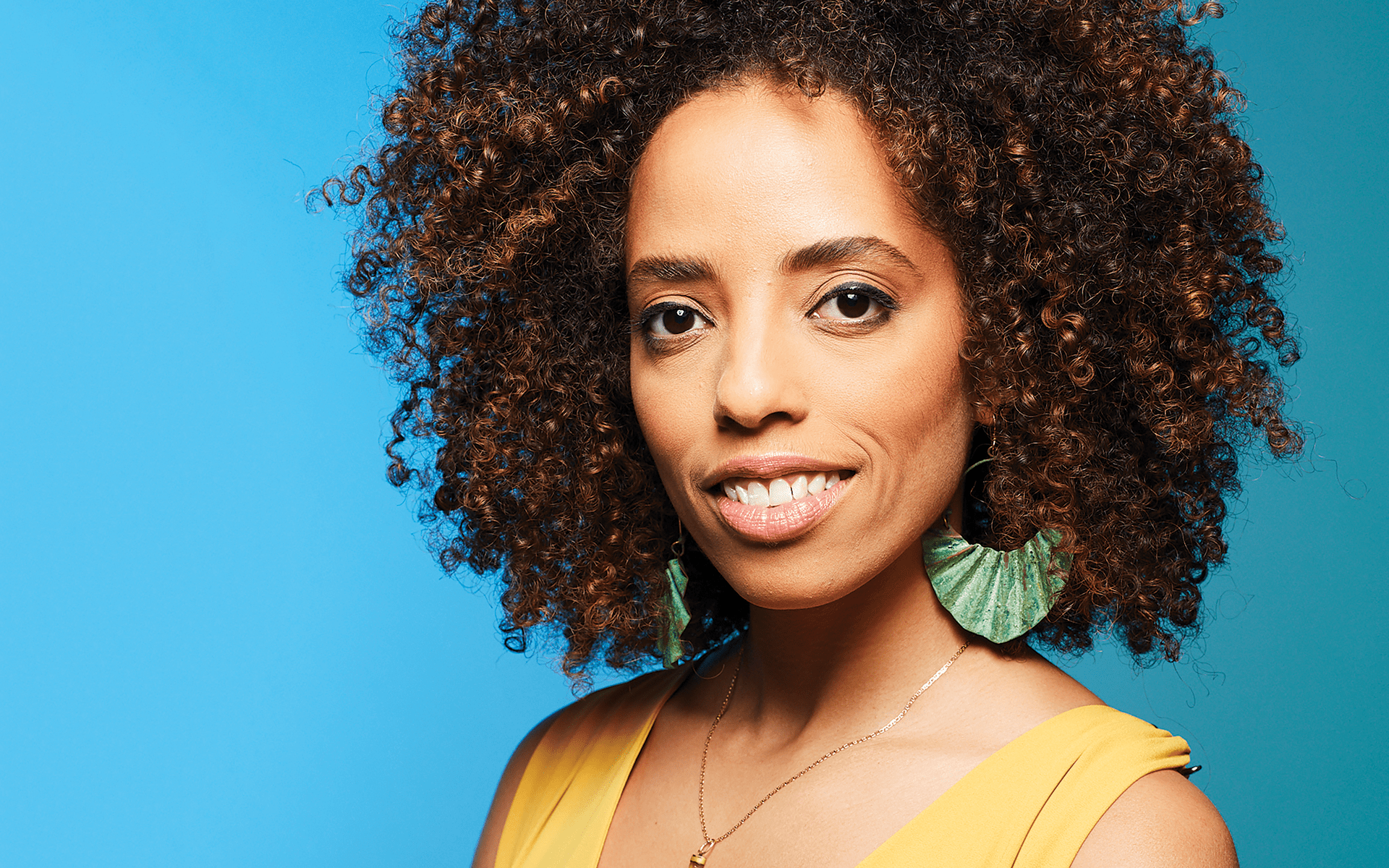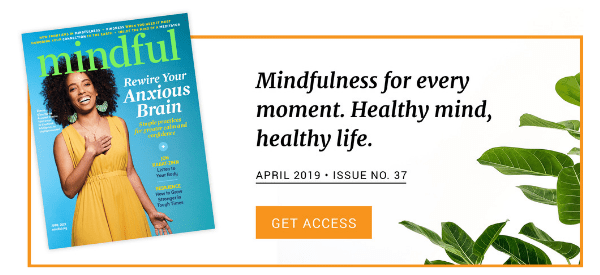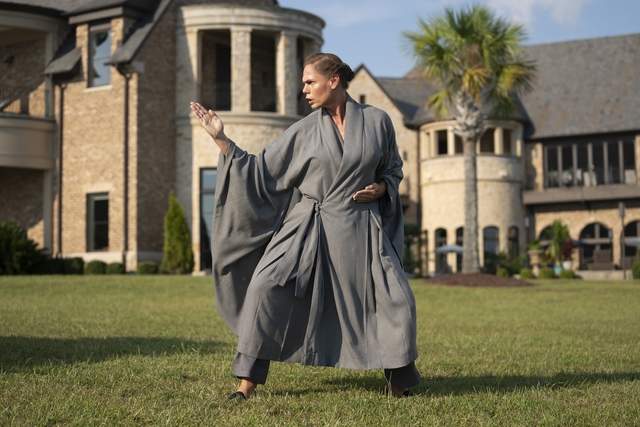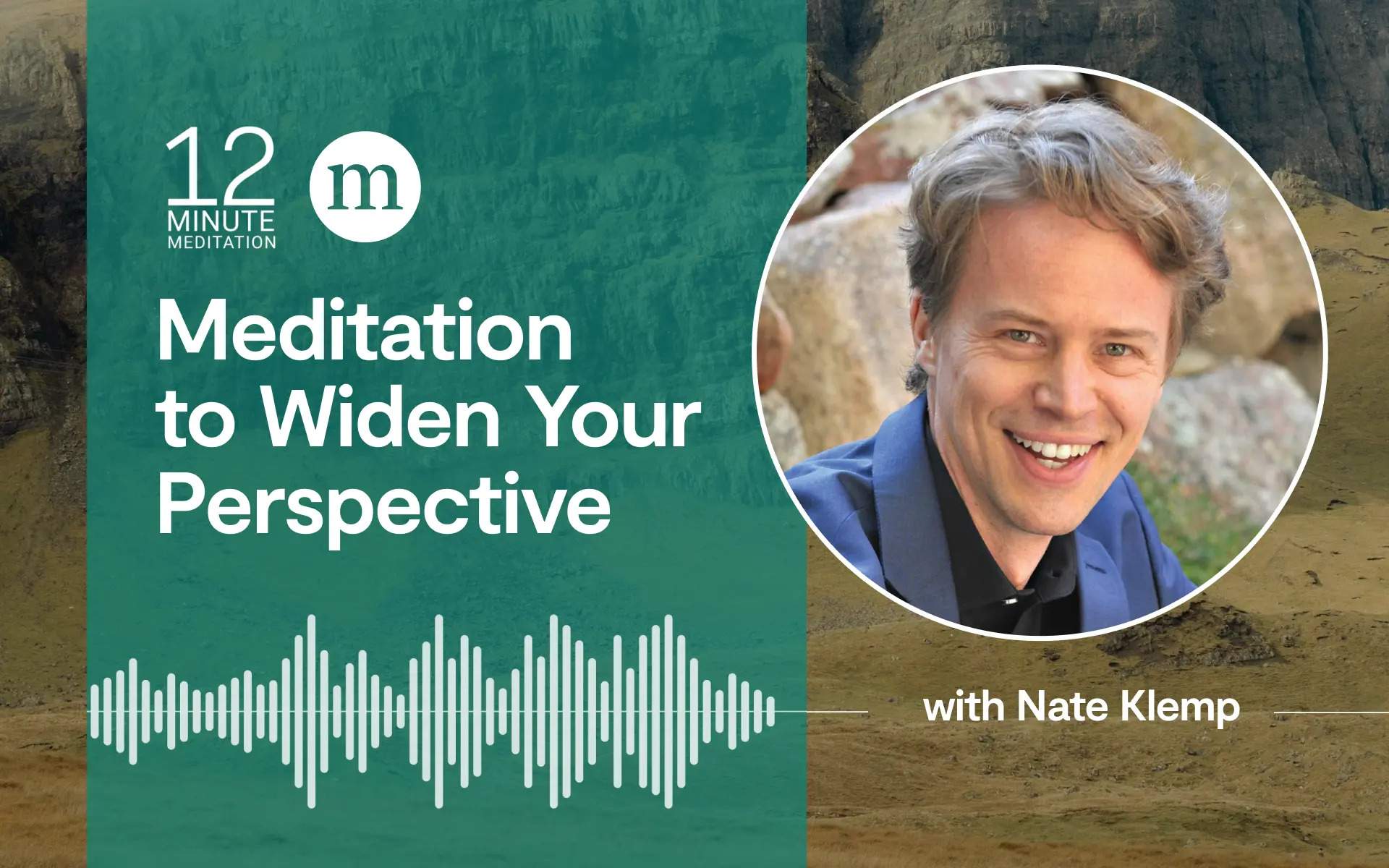Dena Simmons, EdD, grew up in a one-bedroom apartment in the Bronx with her three sisters and her mother, an immigrant from Antigua who came to the US with $25 in her pocket. Simmons’ mother was fiercely dedicated to giving her daughters more opportunities than she’d had herself. So, after the rent, the family’s financial priority was tuition to the local parochial school. No surprise, then, that education not only took Simmons out of the Bronx but also brought her back, as a classroom teacher. Today, Simmons is the assistant director of the Yale Center for Emotional Intelligence, where she oversees training, curriculum development, and education initiatives. The Center’s mission—“to use the power of emotions to create a healthier, and more equitable, productive, and compassionate society”—keeps Simmons closely connected to her mother’s abiding belief in the power of education. She is also author of the forthcoming White Rules for Black People (St. Martin’s Press, 2021).
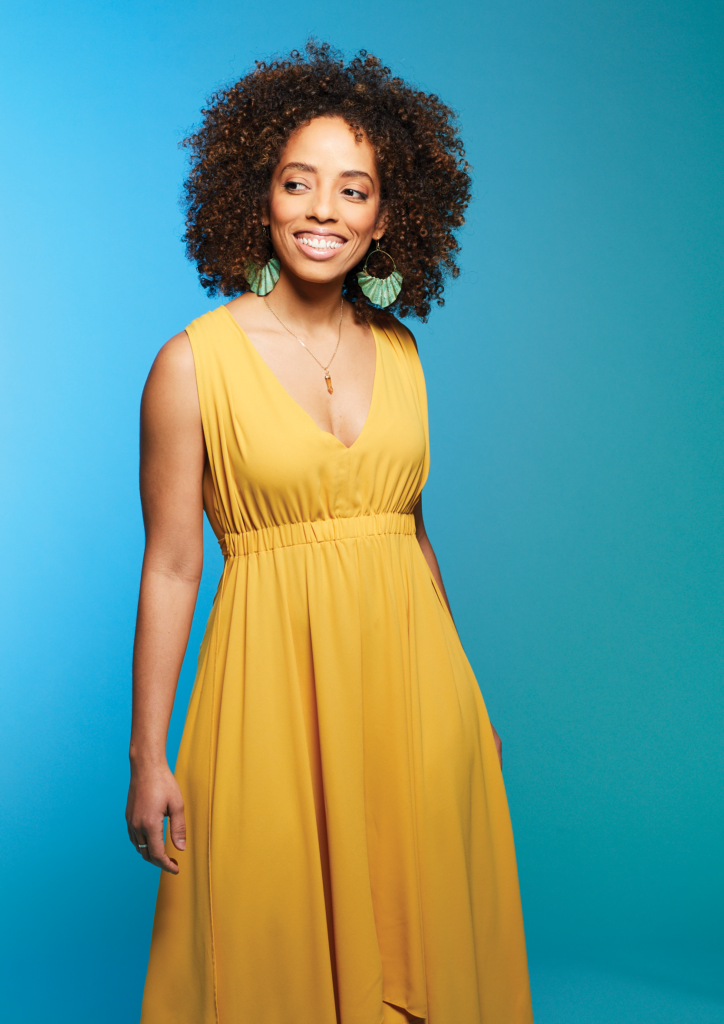
Tell me about the Bronx, where you grew up.
The Bronx is a complicated piece of art. When people think of the Bronx, they think of the single narrative of catastrophe and hardship and danger and violence. But that’s not all. The Bronx is struggling, yes. The Bronx is lacking in resources, yes. The Bronx is a victim of bad policies, yes. The Bronx is also beautiful. The Bronx is community. The Bronx is family. It’s true that my neighborhood was unsafe—I knew what the drug dealers were doing, but I also knew that they were looking out for my sisters and me. There was a fullness in their humanity. The fight I have in me comes from fighting the ugly as a kid. I had to learn to thrive in the most unfortunate circumstances. The Bronx is where I am from—the beauty and the ugliness raised me. I can live anywhere, because I have lived in the Bronx.
How does a word like “mindful” fit into that setting?
When I was a child, being mindful was a matter of safety. I went to sleep, often, to the sound of gunshots. So, first, being mindful—mindful of my body and its safety—was what kept me alive. Mindfulness was not something that I got to do by sitting in a quiet space and meditating.
What about when you left the Bronx?
When I went to boarding school in Connecticut, it was the first time I had ever been in a predominately white setting. I was trying to get a good education, wondering about my emotional safety. As I acquired more social capital, more privilege, I moved further away from people who looked like me. As a Black person, every time I walked into a room, there often were very few people who looked like me. In those spaces, I’ve had to be mindful, to know whether it was safe to be Black.
How has your understanding of mindfulness changed?
I’m still Black, still a woman, still in a mostly white setting. But now part of being mindful is understanding the power and privilege I have acquired on my journey—and remembering where I started, where I have come from.
Part of being mindful is understanding the power and privilege I have acquired on my journey—and remembering where I started, where I have come from.
Can you give me an example?
I commute from Harlem, where I live, to New Haven, where I work. Both train stations are located in neighborhoods similar to where I grew up. When I get off the train, there are people who are struggling with drug addiction. I see people ignore them. I want to recognize and appreciate their full humanity. I make eye contact and say hello. I constantly check myself when I’m starting to be biased or judgmental. I want to see the beauty—the art—in what is around me.
You have a twin sister who was diagnosed with a chronic illness when you were much younger.
Yes, that’s another piece of mindfulness for me: understanding that every single day I have the privilege of waking up without pain. My sister does not. I pray every day, asking for her not to suffer. Sometimes the privilege we forget about is our ability to not feel pain in our body.
Do you have a formal practice?
At night, I do a five-to-seven-minute breathing and loving-kindness exercise. It’s my grounding. Wishing well to myself and to others, asking what I can do to be better, thinking about people who did something that I appreciate—it’s like a prayer. And I actively let go of any negative energy—daily traumas and slights, any harm that people have done to me.
What is your abiding passion?
To make the world a better place. Wherever I am, whatever work I do, I will find a way to make that happen. My mother sacrificed so much for my sisters and me. It would be disrespectful for me not to make that same effort.


